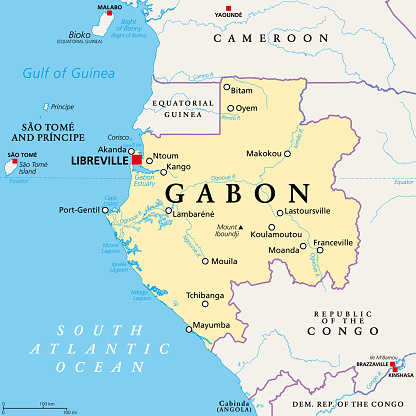The International Court of Justice (ICJ) has ruled in favor of Equatorial Guinea in its territorial dispute with neighboring Gabon over three oil-rich islands in the Gulf of Guinea, ending a decades-long disagreement between the two West African nations.
In a judgment delivered by the United Nations’ highest judicial body, the 15-judge panel determined that a 1900 treaty between colonial powers Spain and France remains the binding legal instrument governing the ownership of the islands. The ruling effectively grants sovereignty over the territories—including the largest island, Mbanie—to Equatorial Guinea.
The two countries took the case to the ICJ in 2021 after years of failed diplomatic negotiations. Equatorial Guinea argued that the islands had historically been under its control until 1972, when Gabon seized Mbanie during a military incident. The dispute intensified after oil reserves were discovered in the surrounding waters.
A 1974 agreement known as the Bata Convention, which Gabon cited to claim the islands, was dismissed by the court. Judge Julia Sebutinde stated the document did not have the status of a binding treaty, noting that Equatorial Guinea contested its legitimacy and Gabon failed to provide an original version.
With both economies heavily reliant on oil exports amid declining production, control over the resource-rich islands has held significant strategic and economic importance for both governments.
The ruling brings legal clarity to a long-standing source of tension and sets a precedent for the peaceful resolution of territorial disputes in the region.



